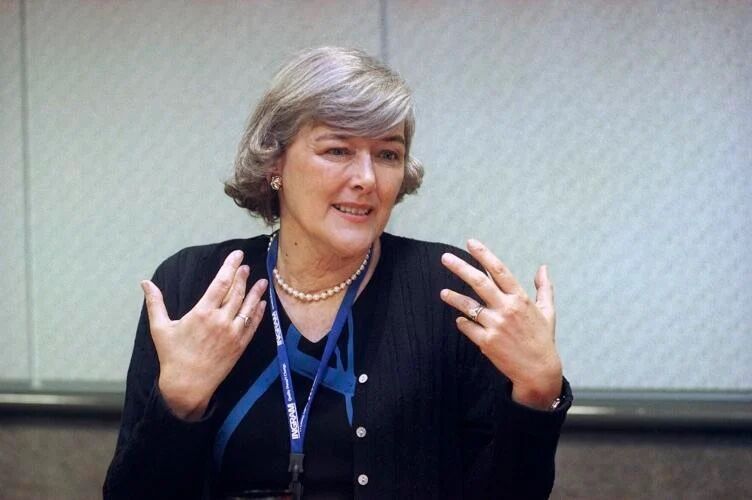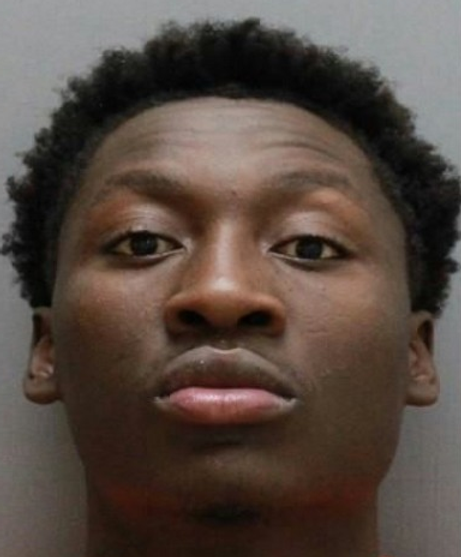Trump faces tight deadline, Colorado justices raise due process concerns | WHAT YOU NEED TO KNOW
Today is Dec. 22, 2023, and here’s what you need to know:
When the Colorado Supreme Court decided, 4-3, on Tuesday that Donald Trump is constitutionally disqualified from the 2024 primary ballot because he engaged in insurrection, two of the dissenting justices voiced concerns about the former president’s right to due process.
“From my perspective, just because a hearing was held and (Trump) participated, it doesn’t mean that due process was observed,” wrote Chief Justice Brian D. Boatright.
“The decision to bar former President Donald J. Trump,” added Justice Carlos A. Samour Jr., “flies in the face of the due process doctrine.”
The Colorado Supreme Court’s decision to disqualify Donald Trump from the state’s presidential primary means the former president faces a tight deadline as he prepares to fight the ruling before the U.S. Supreme Court.
Trump’s campaign already signaled that the former president would appeal, but it’s not immediately clear when.
While deciding that Trump is eligible to appear on the state ballot, Colorado’s justices technically put their ruling on hold until Jan. 4, anticipating the U.S. Supreme court would ultimately decide the matter.
That date is crucial, as Colorado Secretary of State Jena Griswold must certify the candidates for next year’s primary on Jan. 5, 2024.
President Joe Biden this week signed a bill sponsored by U.S. Rep. Yadira Caraveo to target an escalating threat posed by a powerful veterinary drug known as “tranq,” which authorities say has compounded the national addiction and overdose crisis.
Passed with near-unanimous support, the bipartisan Testing, Rapid Analysis, and Narcotic Quality Research Act – dubbed the TRANQ Research Act – was the first piece of legislation introduced by the first-term Thornton Democrat, and the first bill from a freshman House member to become law this year.
The bill directs the National Institute of Standards and Technology to research the non-opioid animal tranquilizer xylazine – which isn’t approved for human use – and related synthetic drugs, including developing tests for rapid detection and working with frontline responders.
For the first time last month, Colorado’s second-highest court determined a man should have been allowed to defend himself against criminal charges by letting jurors evaluate whether he ingested marijuana that, unbeknown to him, was allegedly laced with a stimulant.
A Denver jury convicted Isaac U. Mion of robbery, criminal mischief and menacing. There was clear documentation he committed the offenses, but Mion claimed he was involuntary intoxicated at the time. Specifically, he testified a friend offered him a marijuana joint, but it must have contained an illicit substance because it caused Mion to have a far different reaction than normal.
No other case in Colorado had addressed whether a defendant could claim involuntary intoxication when he acknowledges ingesting an intoxicating substance but is unaware of the presence of a second substance.
Using the analogy of an alcoholic drink that secretly contains a “date rape” drug, a three-judge panel for the Court of Appeals decided such defendants are allowed to assert that their criminal conduct was a product of involuntary intoxication.
An announcement from Pope Francis on Monday regarding a significant change to Vatican policy that formally allows Roman Catholic priests to bestow blessings on same-sex couples brought praise and gratitude from some, with a cautionary eye toward blowback from others
“It’s time,” said Gayle Rappold, who started a monthly support group in Colorado Springs called Journey, for Catholics who have LGBTQ loved ones. “It’s about time that we are at least as a church putting this forward.”
However, the Catholic Church’s teaching on marriage has not changed, said Bishop James Golka, who leads the Catholic Diocese of Colorado Springs.
The Vatican declaration “Fiducia Supplicans: On the Pastoral Meaning of Blessings,” issued Monday by the Vatican’s Dicastery for the Doctrine of the Faith, “prohibits any action on the part of pastors that could create confusion about marriage – such as giving a blessing in conjunction with a civil marriage ceremony,” Golka said in a statement.













